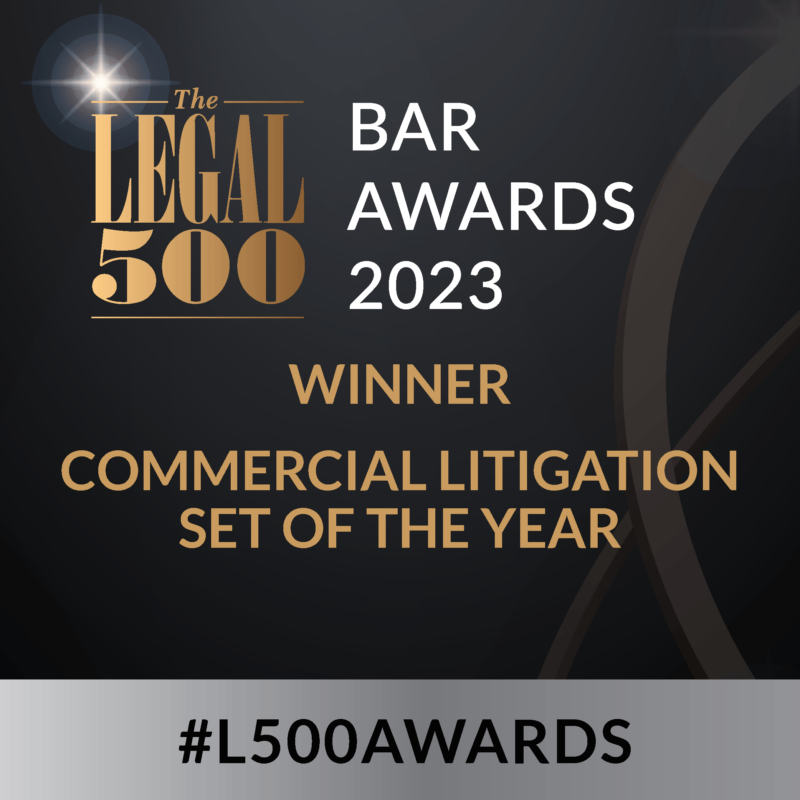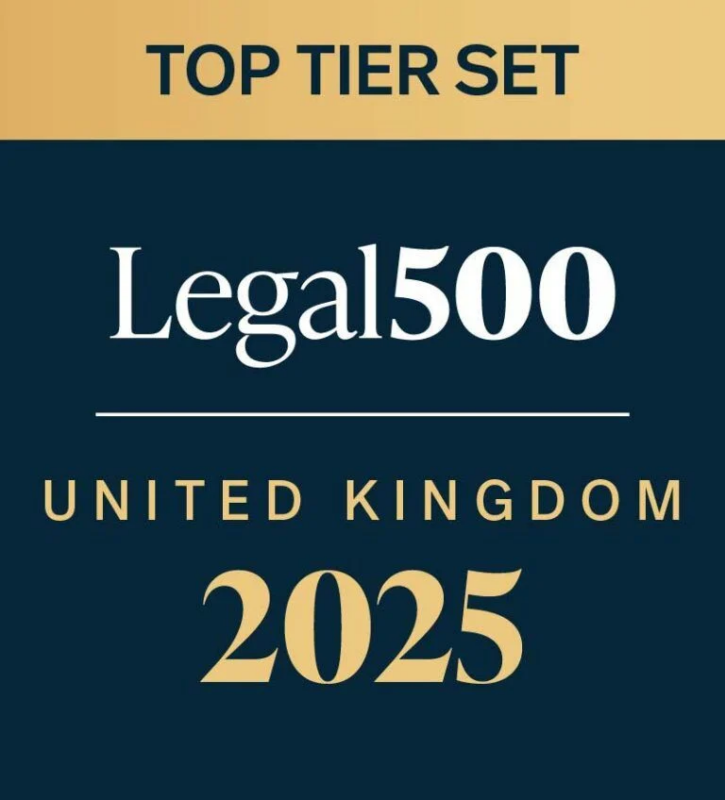“Credit brokers as fiduciaries, and consequences for lenders”
Ahead of the Supreme Court hearing the appeal in Johnson v FirstRand & Ors, William Day has co-written with Dr Julius Grower of the University of Oxford a detailed analysis about (i) when credit brokers should be treated as fiduciaries and (ii), if so, when or what liability might follow for lenders. The analysis appears in a two-part extended article for the Journal of International Banking and Financial Law, published in this month’s issue.
Summary
Part 1 identifies fundamental flaws in the conclusion of the Court of Appeal [2024] EWCA Civ 1282 that motor dealers acting as credit brokers for customers seeking car finance presumptively owed fiduciary duties to their customers. It unpacks the foundational building blocks for ad hoc fiduciary duties and explains in what circumstances motor dealers might owe them to the purchasers of cars. It also explains why it follows from an orthodox analysis that it should be exceptional for a lender to be liable in dishonest assistance for paying commission to a motor dealer.
Part 2 turns to the common law. It unpacks the requirements of the tort of bribery, and argues that both (i) the ‘disinterested duty’ in Wood v Commercial First Business Ltd [2021] EWCA Civ 471 and (ii) the ‘half way house’ recognised by Hurstanger Ltd v Wilson [2007] EWCA Civ 299 should be jettisoned. It also addresses remedial issues raised by the Court of Appeal’s decision in Johnson including the availability of rescission, causation requirements for monetary remedies, and election.
This is the most detailed academic analysis of the Court of Appeal’s judgment to be published ahead of the Supreme Court appeal, and essential reading for practitioners presently grappling with the well-publicised market concerns about that decision.
Links to the article
Part 1 can be found on Lexis+ here (subscription required) and on the JIBFL website here (registration required but no subscription).
Part 2 can be found on Lexis+ here (subscription required) and on the JIBFL website here (registration required but no subscription).
William acted for Close Brothers in the Court of Appeal and in obtaining permission to appeal from the Supreme Court, led by Ian Wilson KC. Matthew Hardwick KC acts for FirstRand in the Supreme Court, having also appeared for FirstRand in the Court of Appeal.
Julius’s research specialises in equity and its role within the law of obligations. He has previously delivered seminars to the Chancery Bar Association and in conjunction with RBC about the implications of the Court of Appeal decision in Johnson.








